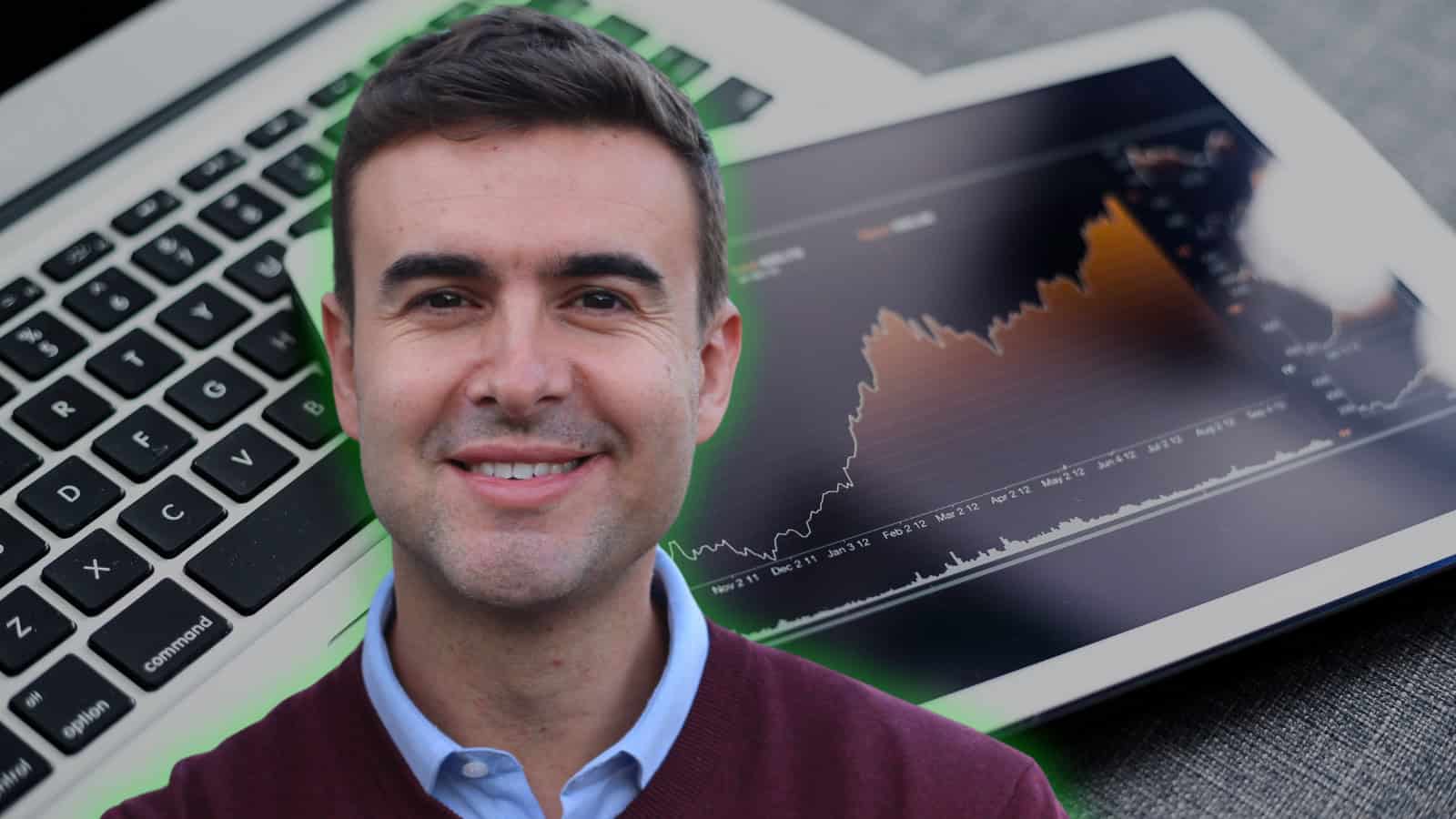Personal Finance
I'm 35 with a $3.3 million net worth but a third of it is in cash - how should I deploy it in 2025?

Published:

F.I.R.E. (Financial Independence Retire Early) strategies have grown in popularity, especially with Millennials and members of Gen-Z. By aggressively saving and investing while observing thrift and meticulous spending discipline, more and more F.I.R.E. adherents are reaching their retirement nest egg targets at an early enough age to realize their goals.
A sizable percentage of F.I.R.E. fans work in technology or other sectors where stock compensation growth can markedly accelerate their portfolio growth agendas. However, the risks of riding the growth in a single asset are high, and the law of averages leans in favor of diversification. While dumping a large allocation into a single S&P 500 Index ETF is a very popular tactic, it is not a one-size-fits-all option. For those holding cash in 2025, there are a number of changes in the coming economic landscape that may create huge opportunities where a combination of liquidity and timing can be potentially very lucrative.

Warren Buffett is unequivocally one of the world’s most famous investors. His decades of savvy stock and private equity investments into other companies has made him a role model for emulation by many smaller investors. Starting in mid-2024, Buffett began liquidating millions of shares of Bank of America and Apple stock, after making high profits in both. Although he still retains relatively large stakes, Buffett is now keeping powder dry on an estimated $325 billion in cash. The logic behind this move is that Buffett sees the prospect of new, high potential opportunities in 2025 and wants to keep liquid so he can get in fast and while the window is available. The incoming Trump Administration’s policies towards A.I., energy, and domestic economic growth will likely see many new policies and players to watch in 2025.
A 35- year old Reddit poster with F.I.R.E. aspirations has apparently followed Buffett’s move. Either by intent or by coincidence, he currently has a $3.3 million net worth and has $1 million of it essentially in cash (CDs with a 4.5% APY). He was soliciting suggestions for investment allocation ideas for 2025, with diversification as a priority motivation.
He and his 32-year old wife both work in technology startups. They have 2 children under 5, live in San Francisco, have $500,000 at 3.2% remaining on their mortgage, and earn a combined $500,000 in annual salary plus stock bonuses (pre-IPO).
Their portfolio details are as follows:
As anticipated, quite a few respondents’ advice was to do lump sum investing into an S&P 500 Index Fund or dollar cost average monthly into it if there were concerns over volatility. However, there were a few who conceded that if having diversification already allocated allowed less worries, then the poster was on the right track, although he might miss out on some extra compounded growth by staying in cash. Some additional considerations came to mind as well:
Start by taking a quick retirement quiz from SmartAsset that will match you with up to 3 financial advisors that serve your area and beyond in 5 minutes, or less.
Each advisor has been vetted by SmartAsset and is held to a fiduciary standard to act in your best interests.
Here’s how it works:
1. Answer SmartAsset advisor match quiz
2. Review your pre-screened matches at your leisure. Check out the advisors’ profiles.
3. Speak with advisors at no cost to you. Have an introductory call on the phone or introduction in person and choose whom to work with in the future
Thank you for reading! Have some feedback for us?
Contact the 24/7 Wall St. editorial team.